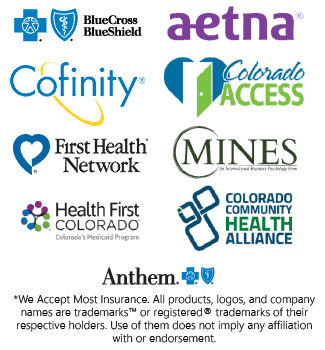Steps to Verify Your Insurance Coverage for Rehab Treatment
When individuals or their loved ones decide to seek residential rehabilitation treatment, verifying insurance coverage becomes a critical first step in the treatment journey. A thorough benefit verification process involves several key steps to guarantee clarity regarding coverage and financial responsibilities.
To begin, clients should contact their insurance provider directly or work with the rehabilitation facility’s admissions team to determine coverage specifics. During this process, essential questions to address include:
- Confirmation of in-network vs. out-of-network benefits
- Verification of deductibles and co-insurance requirements
- Understanding of pre-authorization requirements
- Duration of covered treatment
- Specific services included in the coverage
The benefit verification process typically takes 24-48 hours, during which insurance specialists review policy details and provide a detailed breakdown of coverage, making sure clients can make informed decisions about their treatment options.
Understanding Colorado-Specific Insurance Requirements and Policies
Insurance requirements and policies in Colorado present unique considerations for individuals seeking residential rehabilitation treatment. The state’s regulations mandate that insurance providers must comply with specific coverage requirements for substance use disorder treatment, including both inpatient and outpatient services.
Colorado regulations establish minimum coverage standards through the state’s behavioral health parity laws, which require insurance policies to provide comparable coverage for mental health and substance use disorders as they do for medical conditions. Key provisions include:
- Mandatory coverage for medically necessary treatment
- Prohibition of discriminatory coverage limitations
- Requirements for transparent cost-sharing structures
- Coverage for both acute and maintenance treatment phases
Insurance providers must also adhere to state-specific authorization procedures, documentation requirements, and treatment duration guidelines when processing claims for residential rehabilitation services.
Common Coverage Terms and Documentation Needed for Residential Rehab
Understanding the complex terminology and required documentation for residential rehabilitation coverage empowers individuals to maneuver the verification process more effectively and secure the treatment they need. Essential coverage terminology includes deductibles, copayments, out-of-pocket maximums, and pre-authorization requirements, which vary considerably among insurance providers and specific policies.
The necessary paperwork typically encompasses:
– Detailed medical records documenting substance use disorder or mental health diagnosis
– Treatment plan recommendations from qualified healthcare providers
– Prior authorization forms completed by the treating facility
– Insurance verification forms with policy information
– Financial documentation for cost-sharing arrangements
– Release of information forms for communication between providers
Additionally, individuals receiving care should maintain records of all communications with insurance representatives, including reference numbers, dates, and names of representatives contacted during the verification process.
















